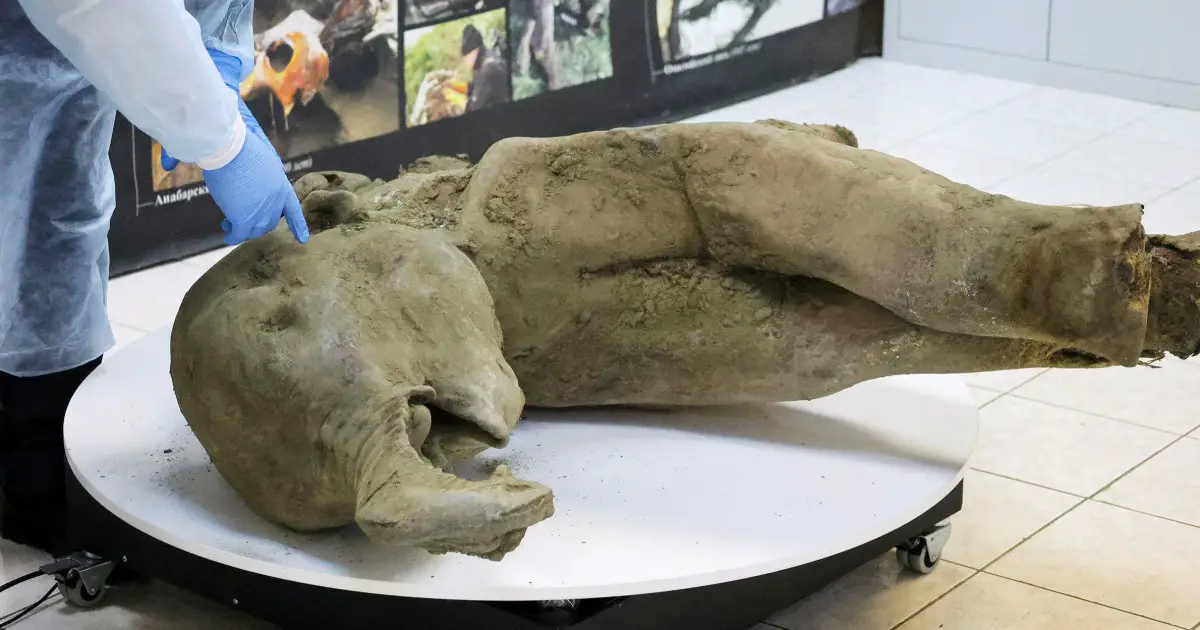
At the same time, a full six months since Hamas-led terror attacks in Israel prompted an unprecedented Israeli military response, former residents of Khan Younis just north of Rafah are already returning to the shattered city – a move that aid teams cautioned against, given the absence of stockpiled supplies.
“The planning is underway for a Rafah incursion, which could move up to 800,000 people,” said Jamie McGoldrick, the current Resident and Humanitarian Coordinator in the Occupied Palestinian Territory, in an exclusive interview with UN News.
“We really struggle to pre-position enough material, non-food items, shelter, material and water…we really don’t have the capacity and resources and ability right now. And we’re really struggling to get prepared.”
The veteran aid official reiterated that 500 trucks a day need to enter Gaza, where food insecurity experts warned that famine could happen “anytime”.
To boost the level of humanitarian assistance reaching the enclave, the UN has supported calls for the Israeli port of Ashdod to reopen just north of Gaza and for more relief to be given access via Jordan.
Back in New York at UN Headquarters, the Security Council was set to meet to discuss the Palestinian membership request in closed consultations initially and then in an open format.
Delegates at the 15-member body will consider the Palestinians’ 2011 application after a written request last week from the Palestinian Authority’s Foreign Minister and Permanent Representative to the UN in New York, Riyad Mansour.
Other major developments
Meanwhile, the UN’s top court, the International Court of Justice (ICJ), on Monday began proceedings brought by Nicaragua to halt Germany’s military aid to Israel.
For Nicaragua, Carlos José Argüello Gómez alleged that Germany was “failing to honour its own obligation to prevent genocide or to ensure respect of international humanitarian law”.
The case follows South Africa’s petition to the ICJ in December to order Israel as a signatory of the Genocide Convention to protect Palestinians in Gaza, where more than 33,000 mainly women and children have been reported killed since 7 October.
Ten days ago, the ICJ issued new “provisional measures” to Israel as the humanitarian situation in bombarded and besieged Gaza continued to worsen.
In other developments, negotiators seeking a ceasefire in Gaza reportedly left Cairo on Monday after weekend negotiations ended. Representatives included individuals from Israel and Hamas, who arrived in the Egyptian capital on Sunday to resume talks.
Back in Gaza, a UN mission that reached Al-Shifa Hospital in northern Gaza City after a weeks-long Israeli offensive to root out Palestinian fighters revealed “an empty shell” and shallow graves, the World Health Organization (WHO) said on Saturday.
“The majority of equipment is unusable or reduced to ashes,” including the hospital’s emergency department, surgical and maternity ward.





